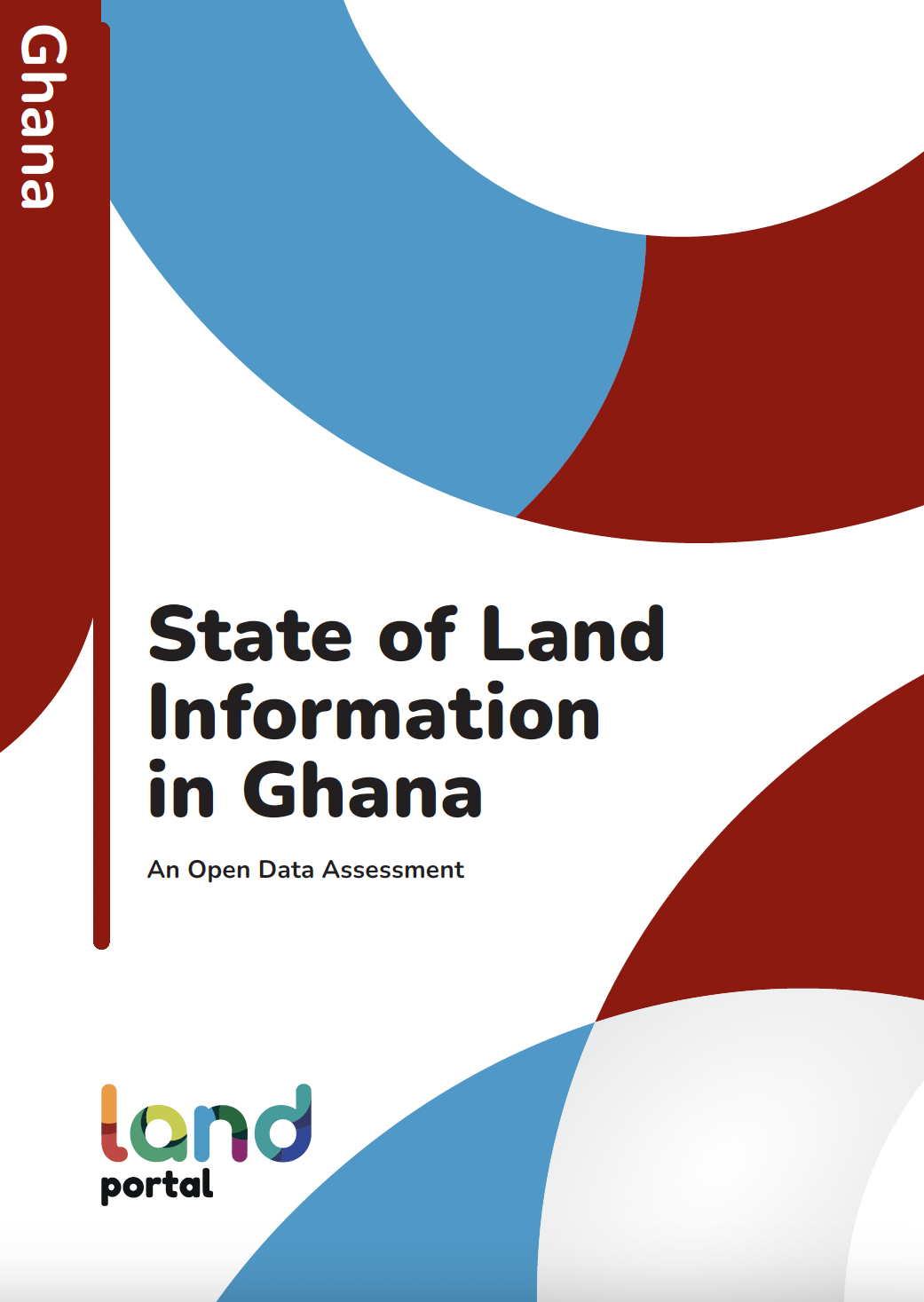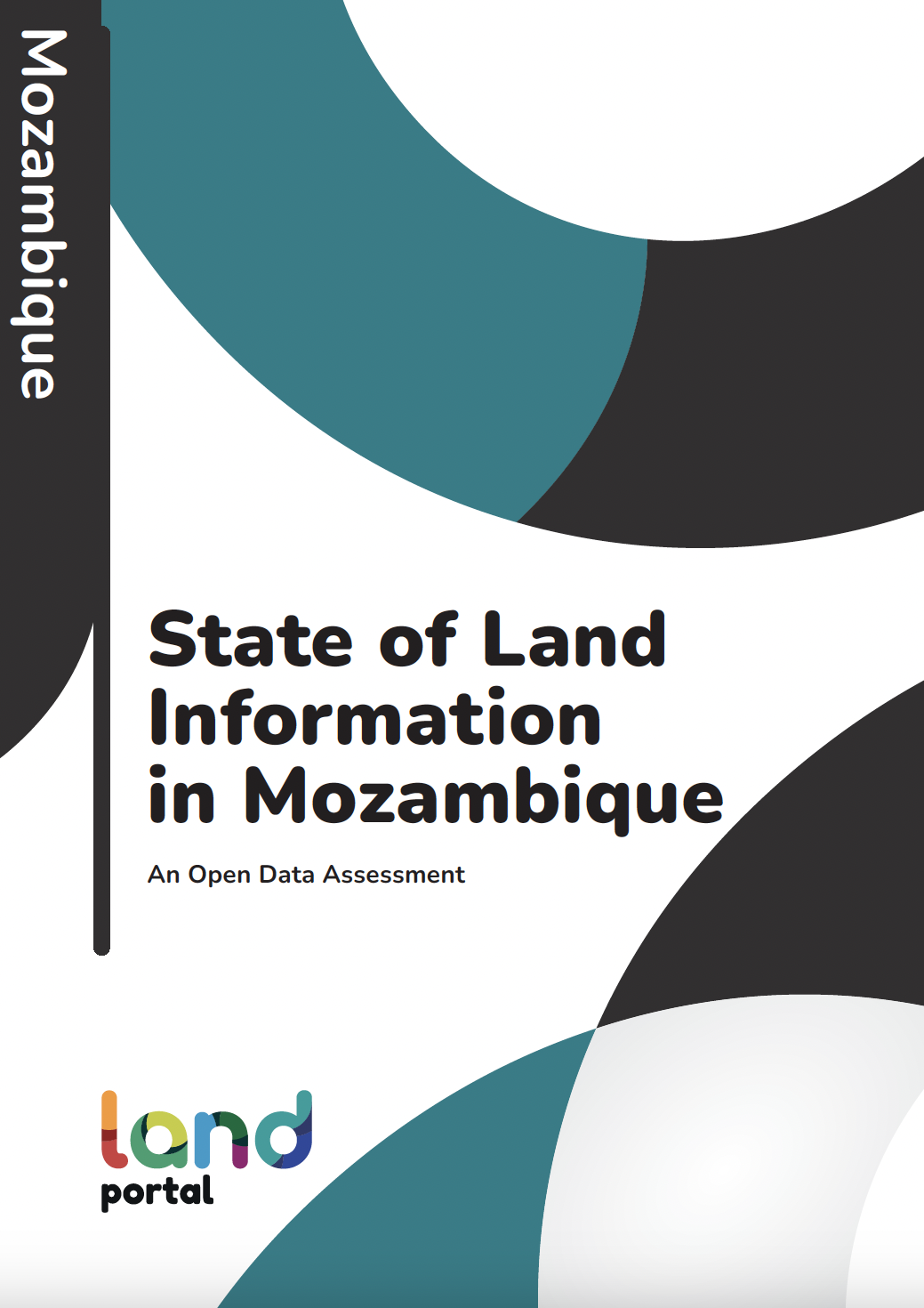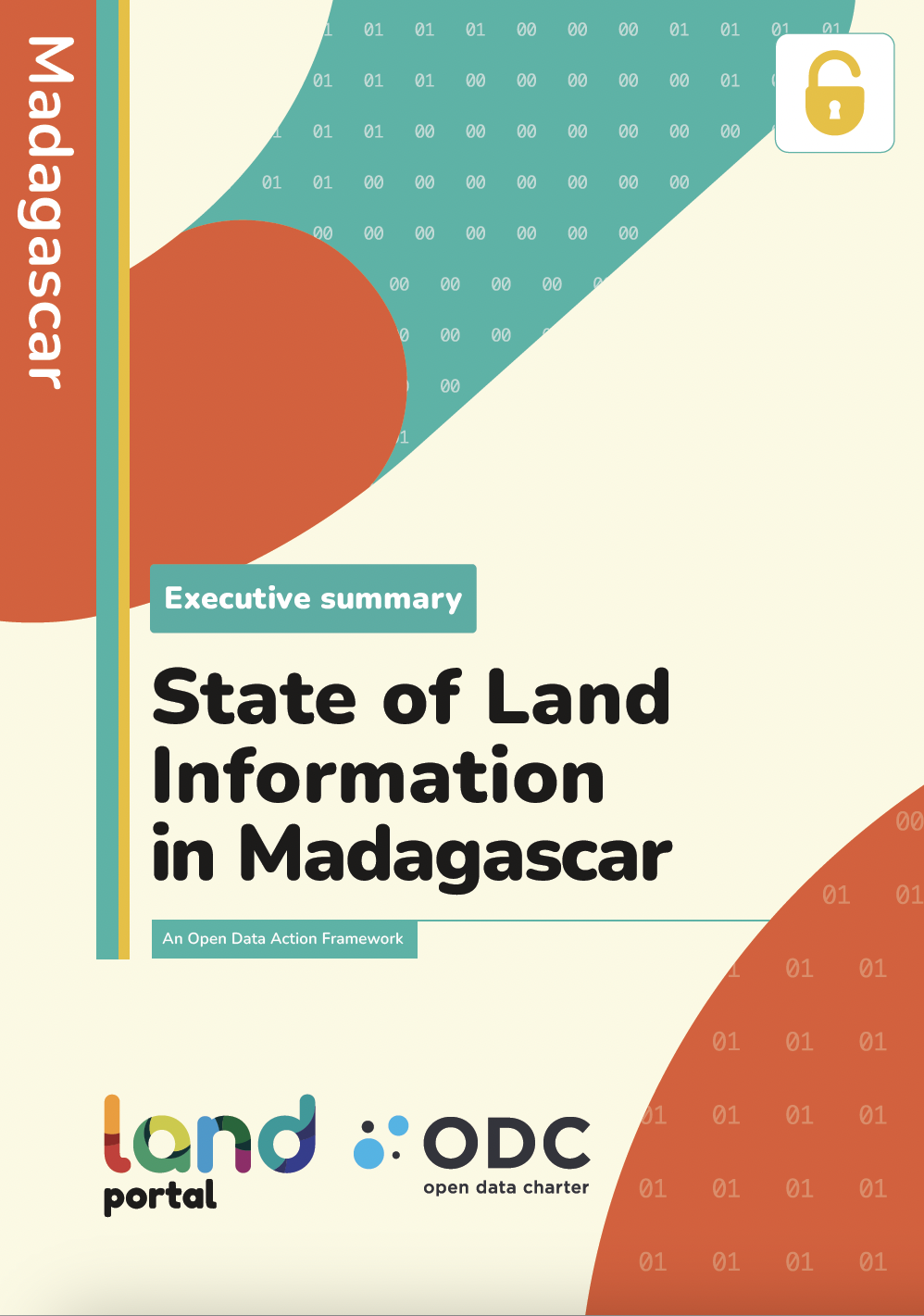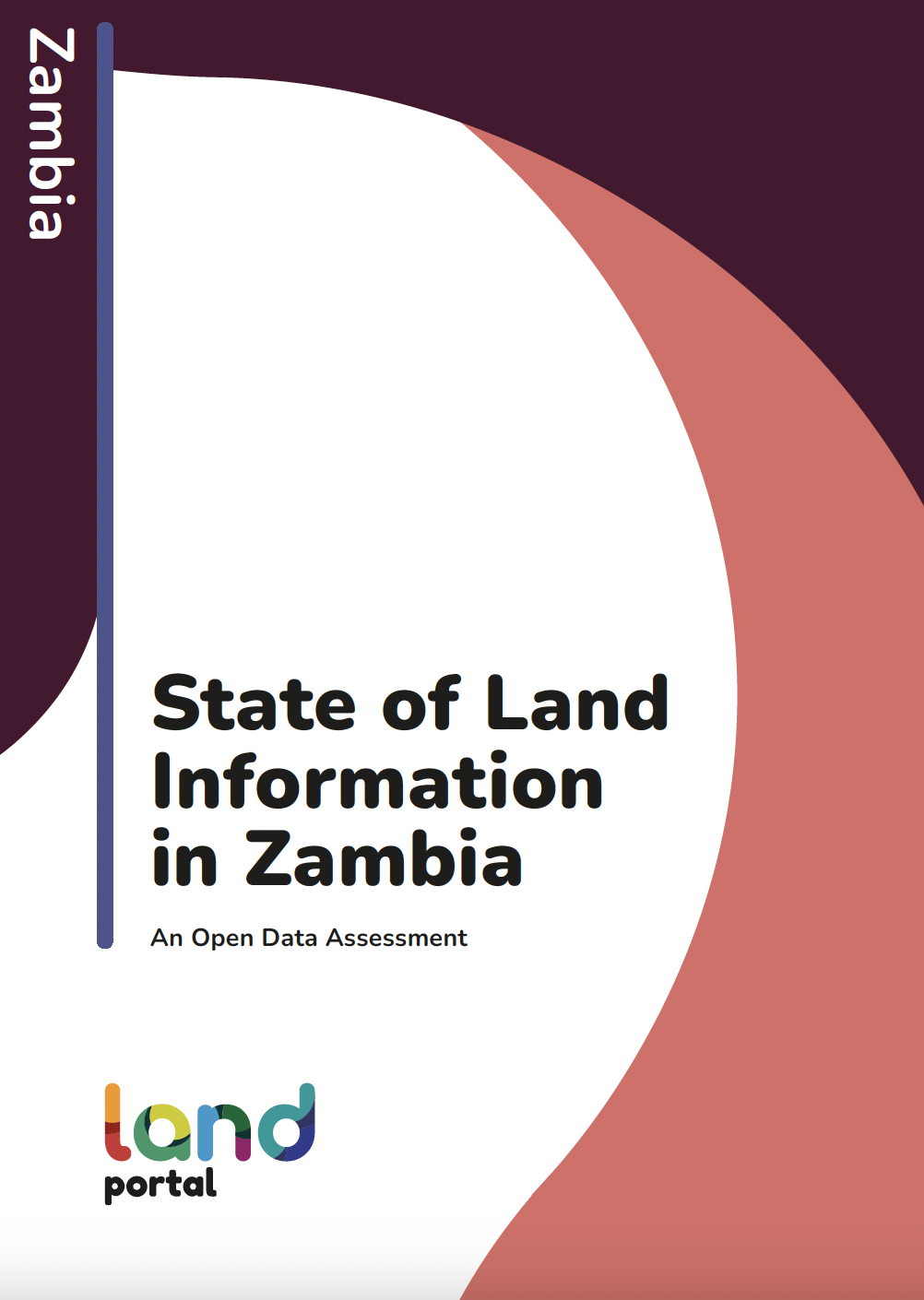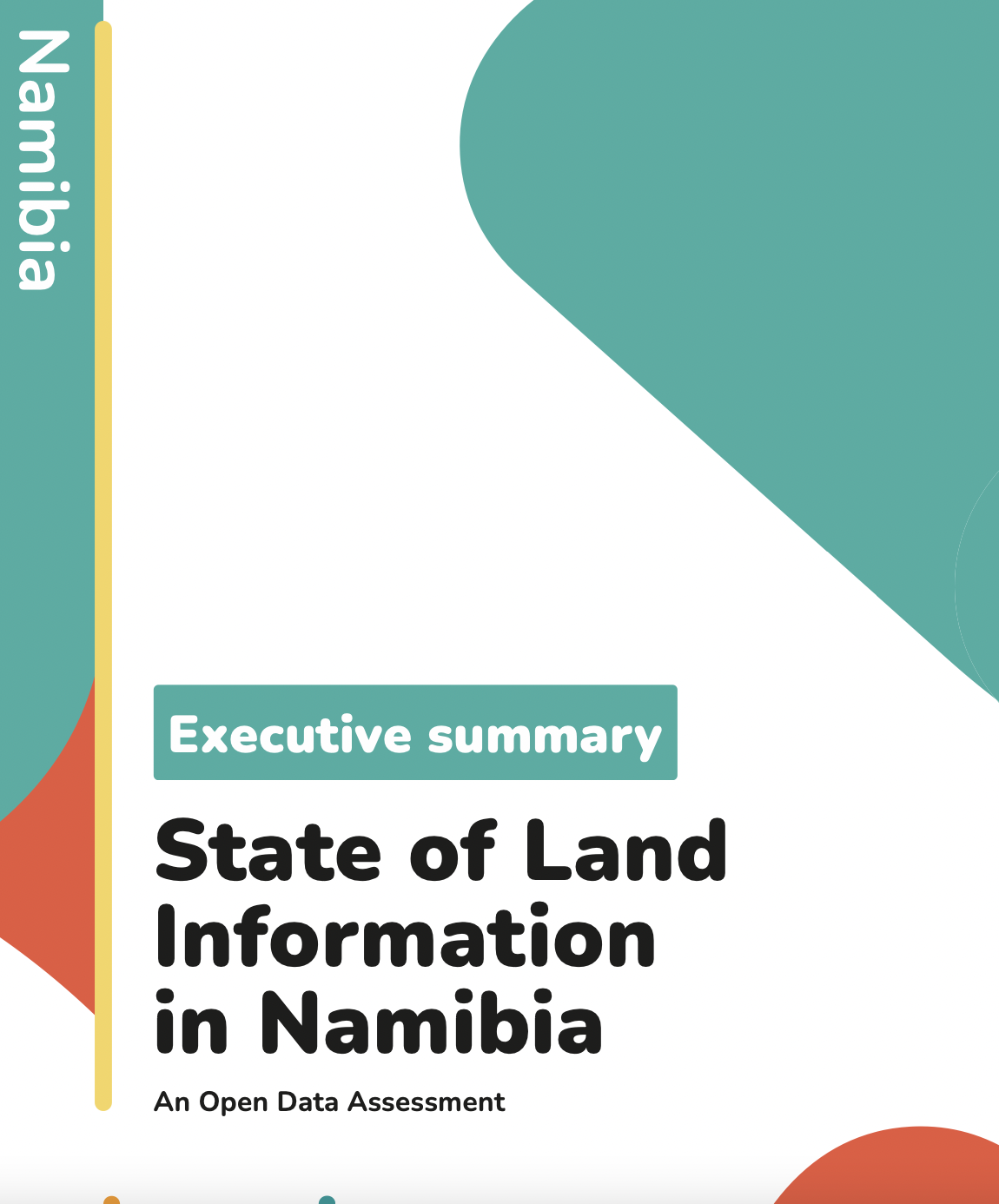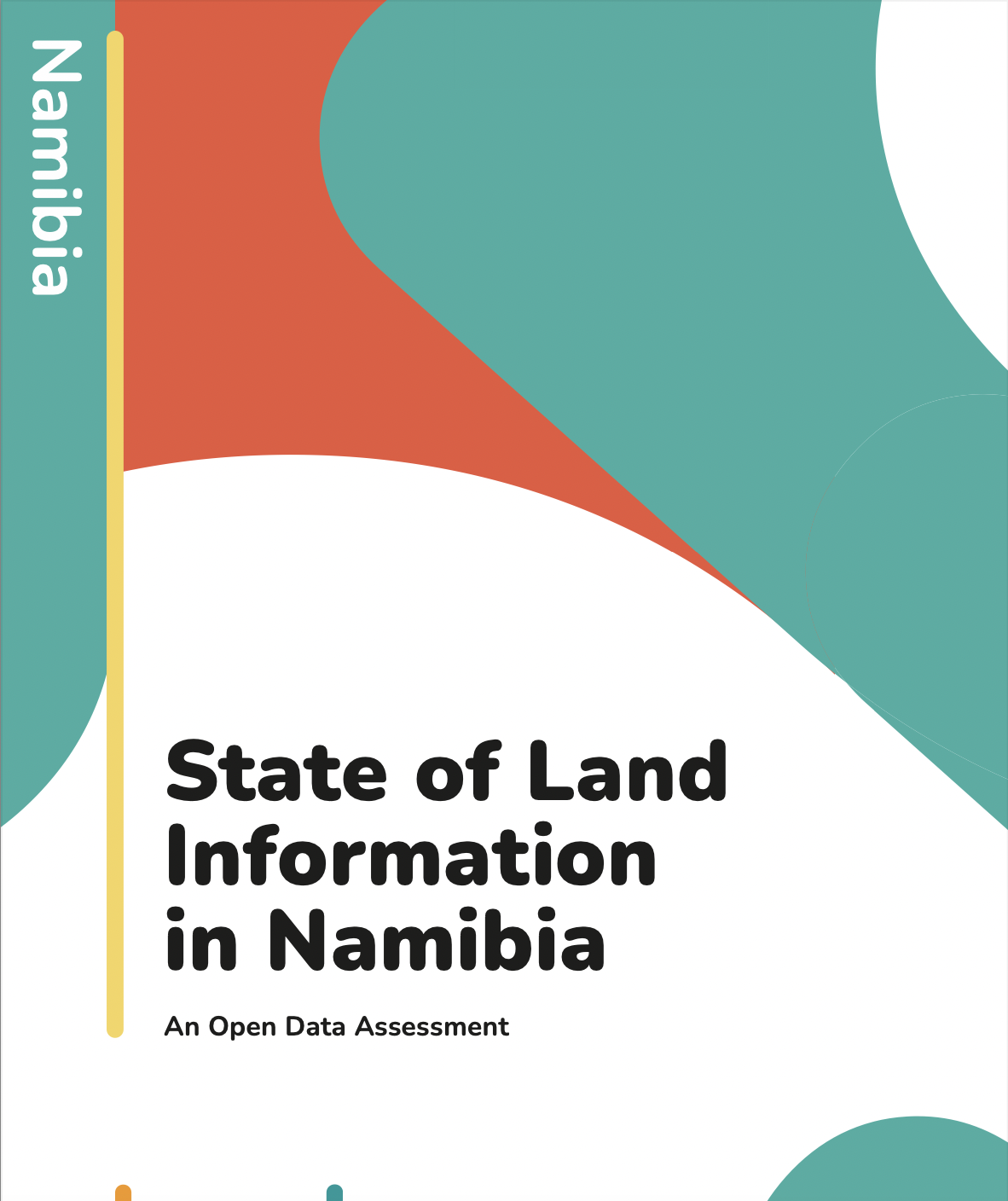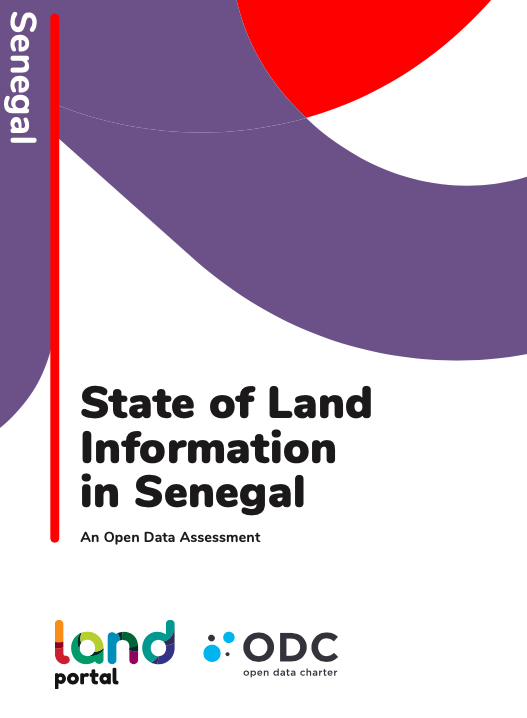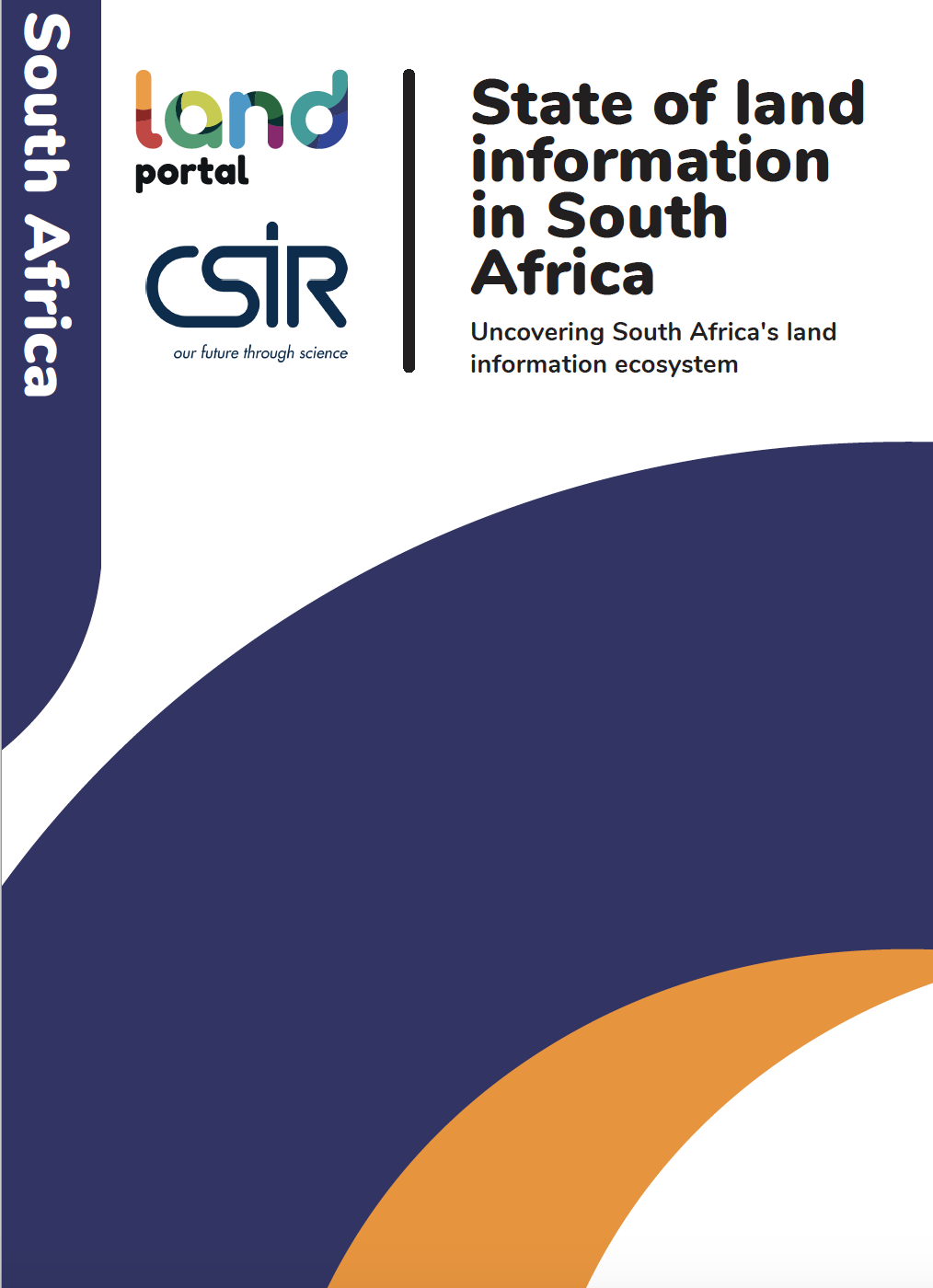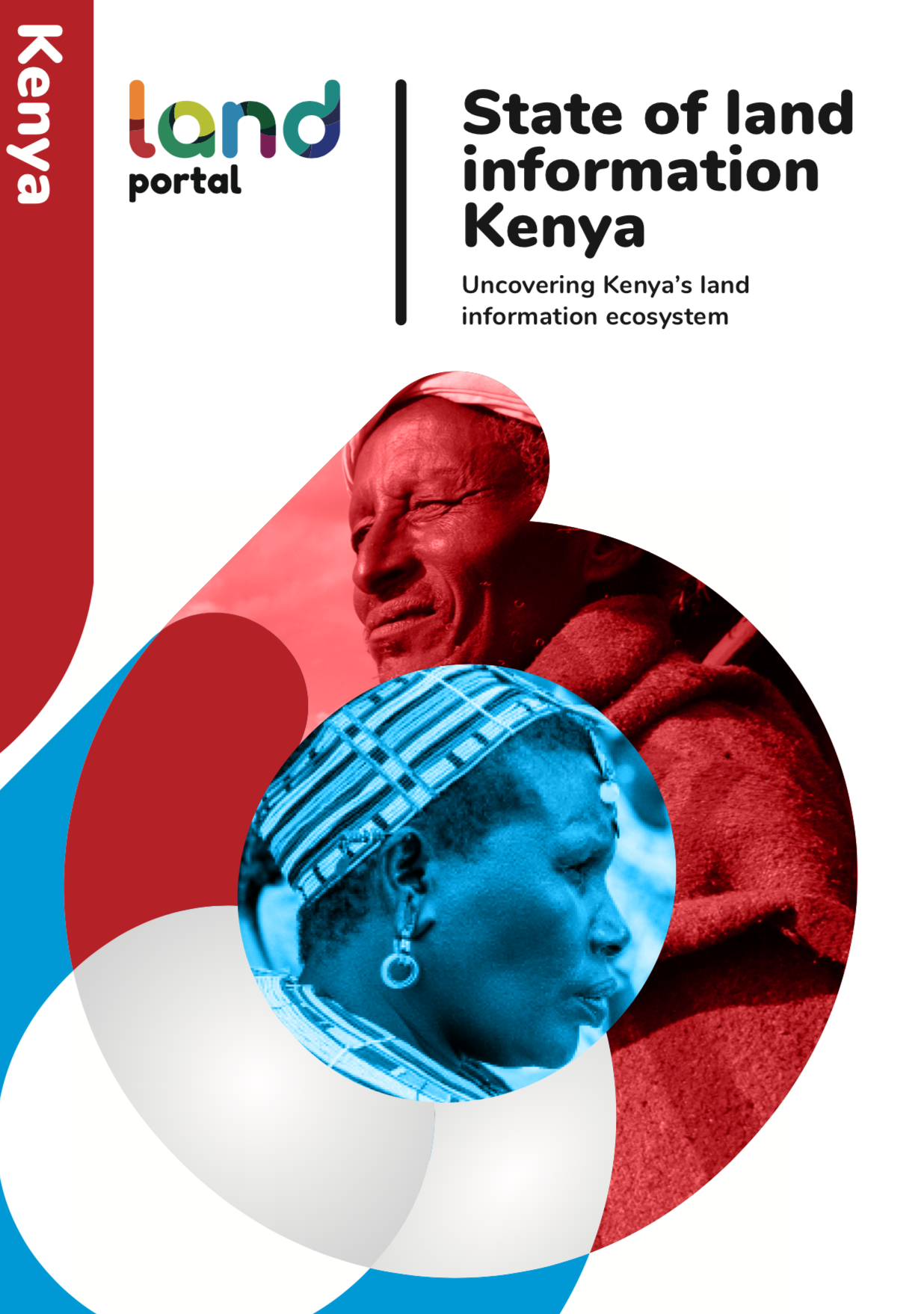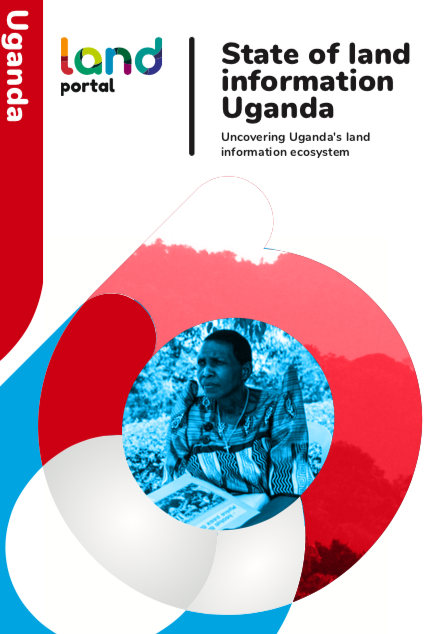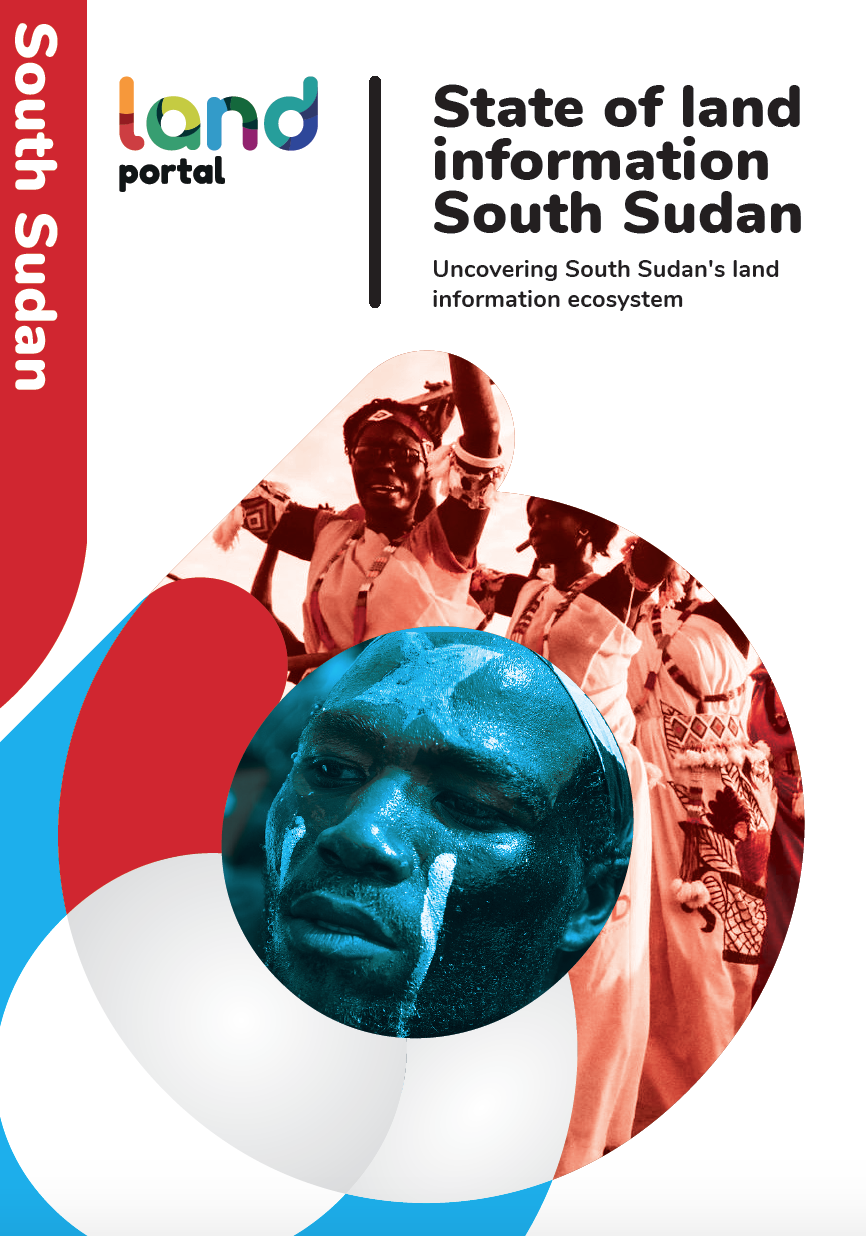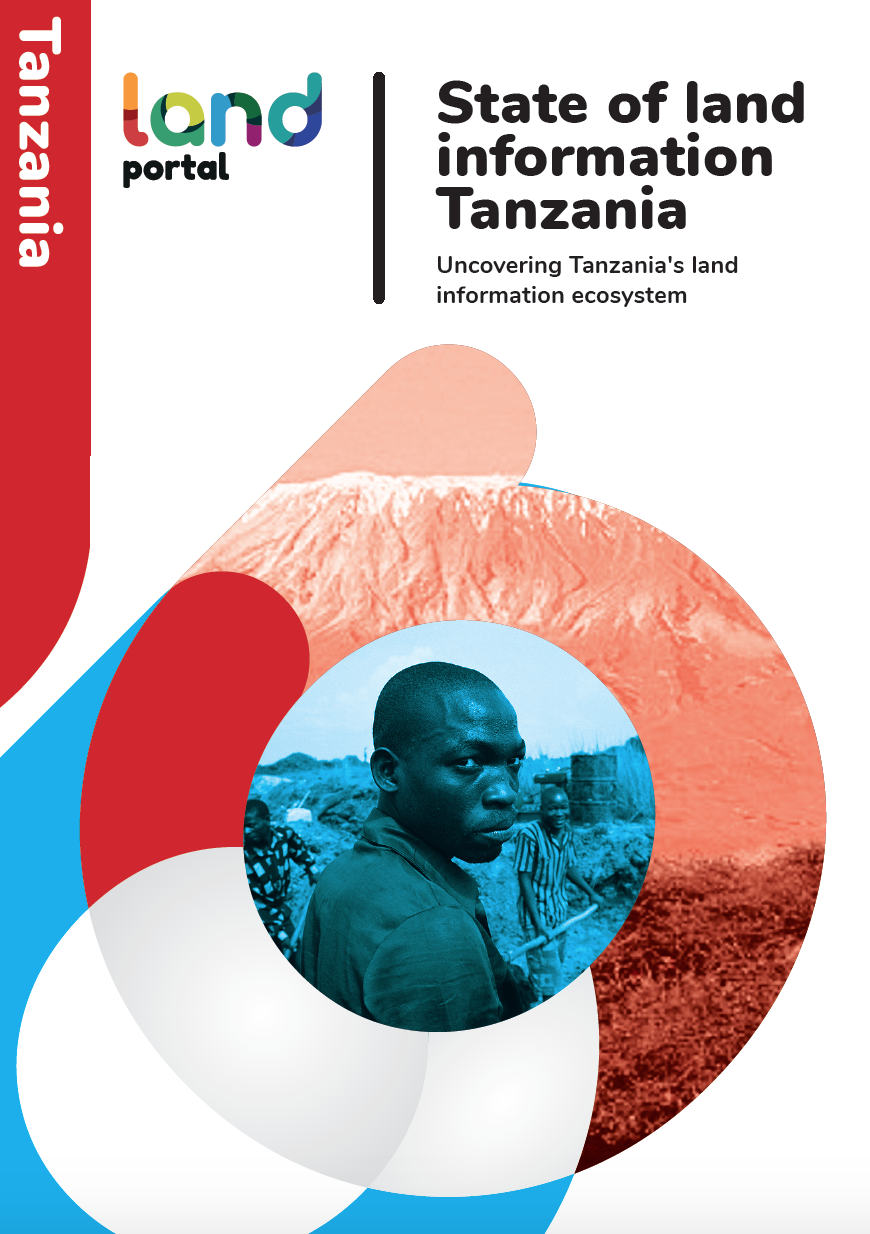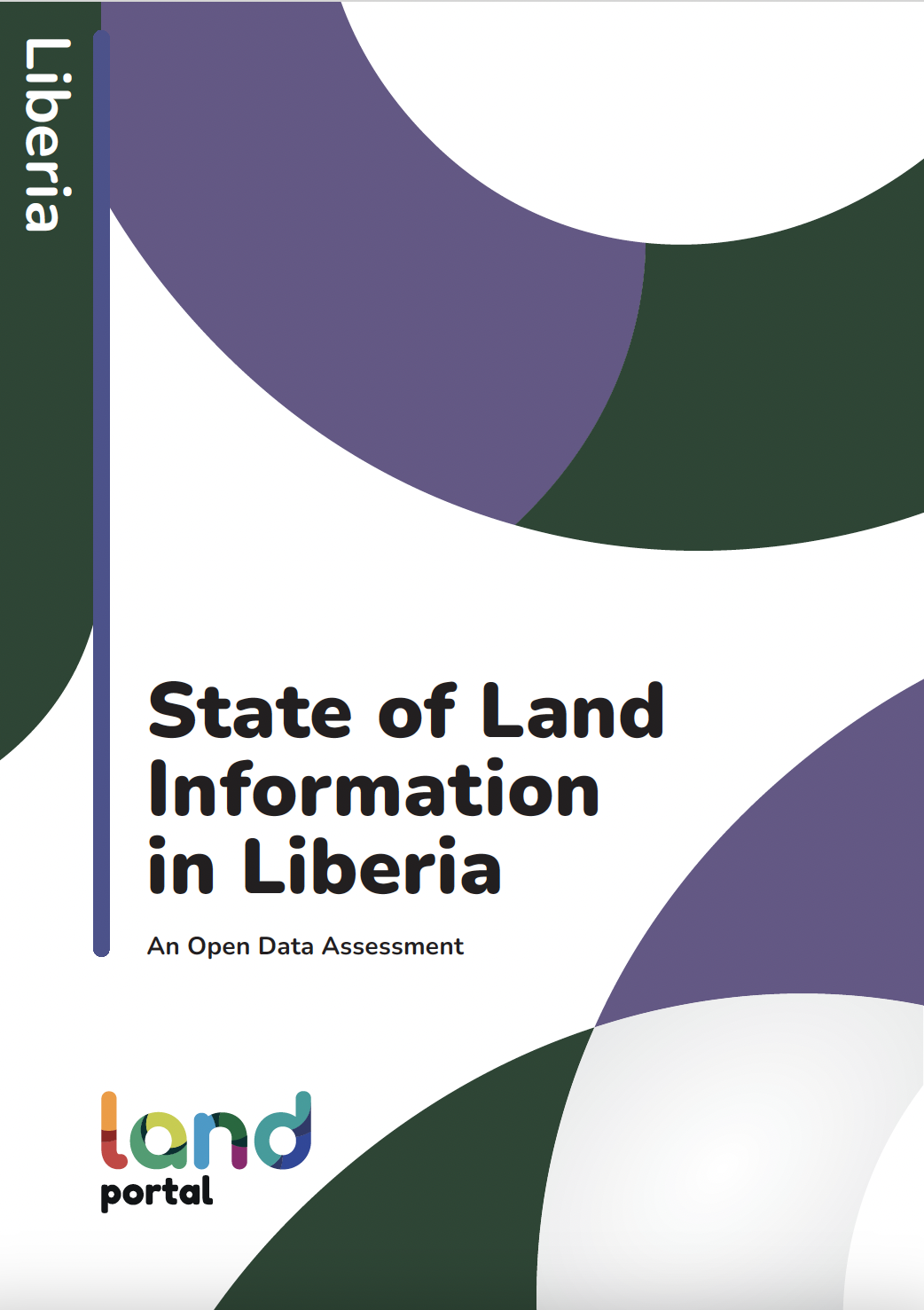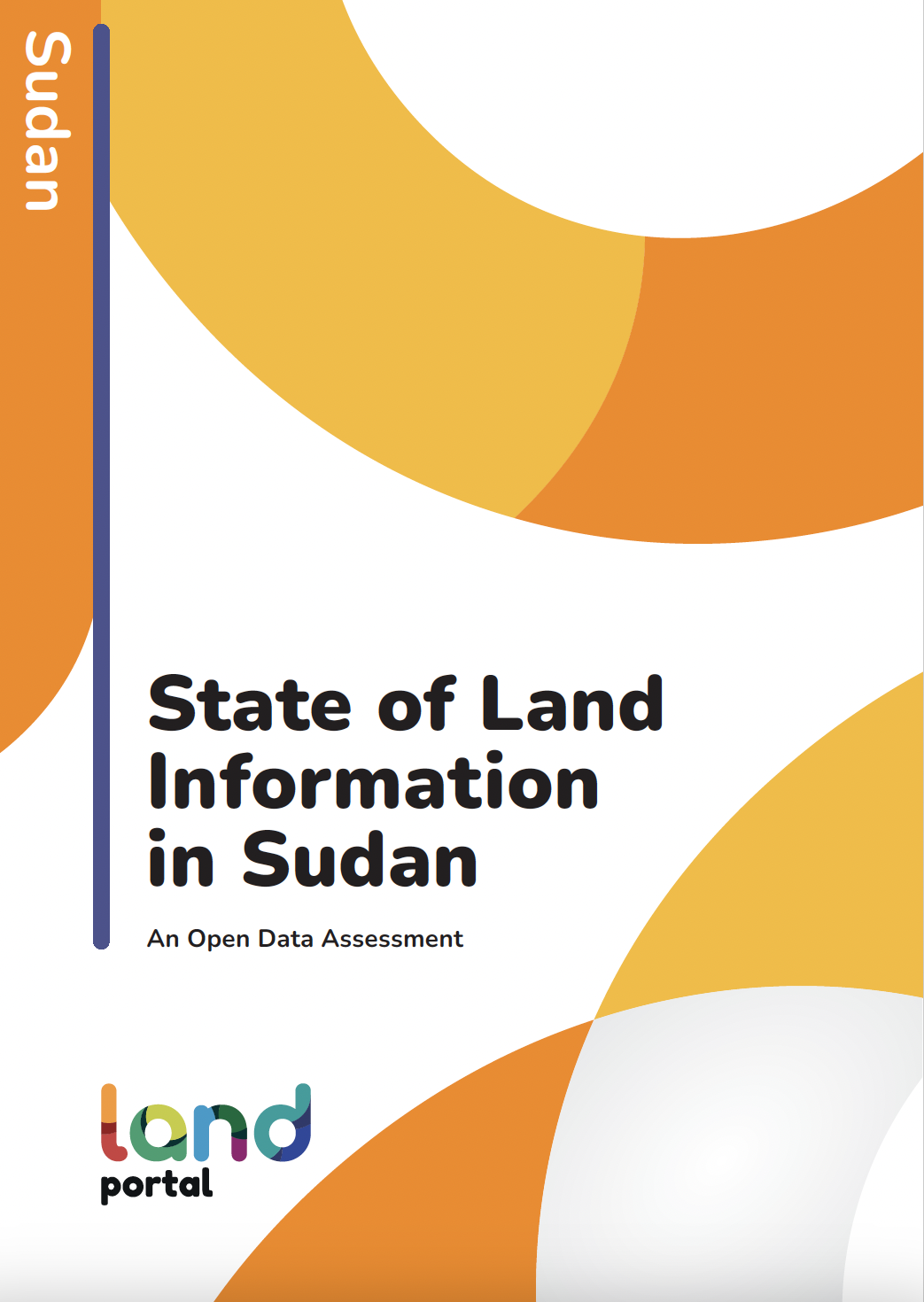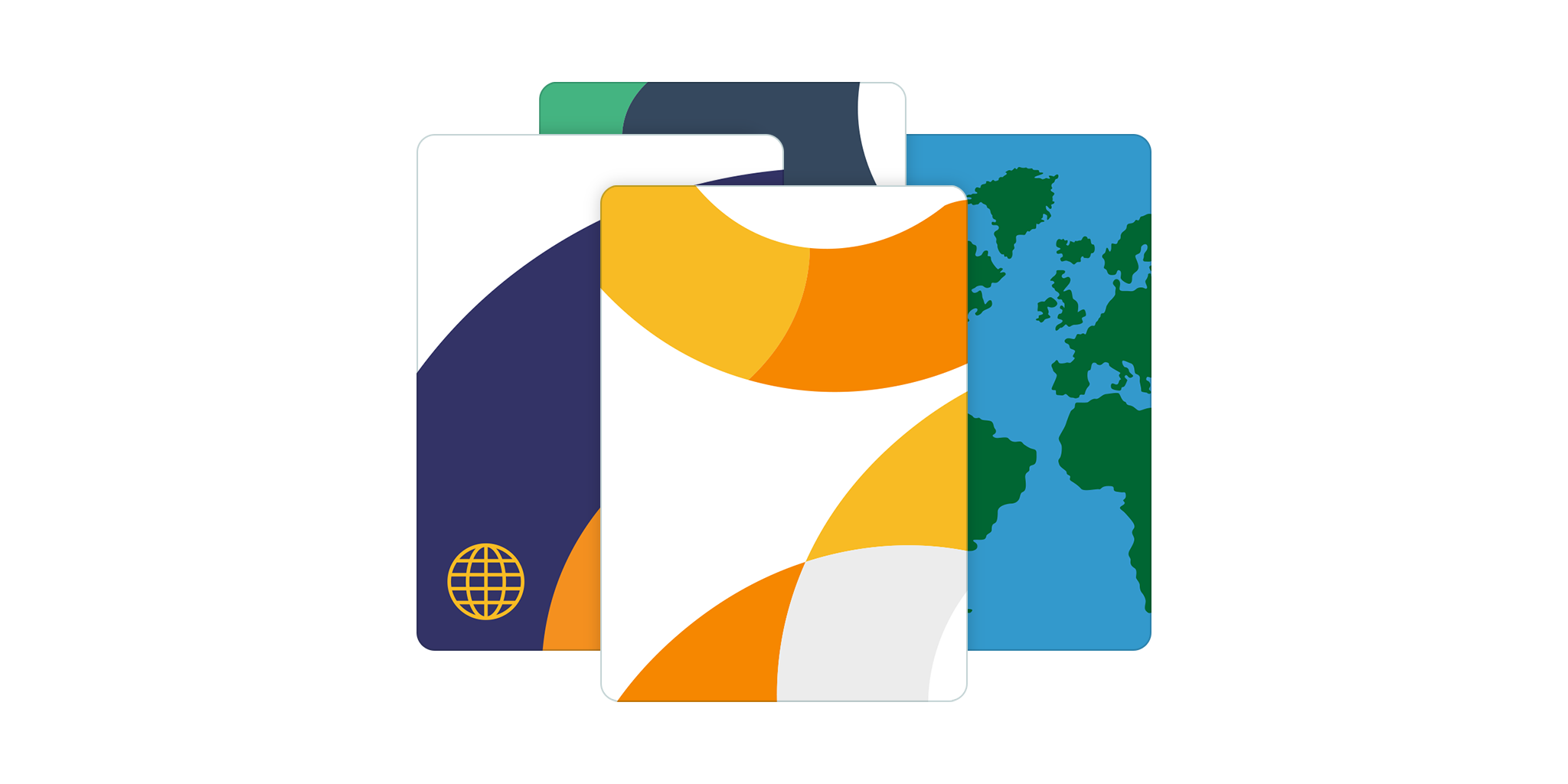
The State of Land Information (SOLI) research and reports seek to provide an overview of publicly available data and information on key land issues. The aim of the research is to uncover the many different sources of land data and information at the country-level and help to identify actual data and information gaps, with a view to establishing a baseline for targeted interventions to improve the information ecosystem.
Our robust methodology demonstrates not only trends and gaps in land data collection, but functions as a practical guide in support of improved visibility and usability of land data and information. SOLI reports serve as the first step in the implementation of the Open Up Guide for Land Governance.
In 2019, we kicked off SOLI research in Tanzania, South Sudan, Uganda, and Kenya. We now have 15 full-length SOLI country reports available.
Related content:
State of Land Information in Ghana
Land information is critical for equitable land governance that benefits the most vulnerable and drives economic growth, sustainable development, and food security. However, land data and information sources remain highly fragmented, unstructured and do not present the full range of perspectives needed for decision making. Land governance, (laws, processes, and institutions) regulate how decisions concerning land are made, implemented, and enforced and require the best possible land data and information.
State of Land Information in Mozambique
In Mozambique, the law recognizes certain forms of occupation as constituting legal tenure and nationals can claim this recognition of their right to occupy and use land allocated through customary norms/practices. Local communities can also claim rights over land which they have customarily occupied, used, and managed. These rights are not prejudiced by their lack of titling or documentation and may be defended on the basis of oral testimony.
State of Land Information in Madagascar
This report on the land data ecosystem in Madagascar is the first step towards providing a baseline and diagnostic tool to inform conversations around land and data governance. It aims to complement existing initiatives to improve the accuracy and extent of land data in Madagascar and identify opportunities to improve public access to all forms of land information.
Executive Summary: State of Land Information in Madagascar
This report on the land data ecosystem in Madagascar is the first step towards providing a baseline and diagnostic tool to inform conversations around land and data governance. It aims to complement existing initiatives to improve the accuracy and extent of land data in Madagascar and identify opportunities to improve public access to all forms of land information.
State of Land Information in Botswana
This State of Land Information (SOLI) report is an analysis of the current state of land data in Botswana, assessing the availability of land information and the compliance of this information with open data standards.
The aim of this report is to serve as a diagnostic for the land information ecosystem in Botswana and enable targeted interventions for improved information management.
State of Land Information in Zambia
This State of Land Information (SOLI) report is an analysis of the current state of land data in Zambia, assessing the availability of land information and the compliance of this information with open data standards.
State of Land Information in Malawi Report (English)
This State of Land Information (SOLI) report is an analysis of the current state of land data in Malawi, assessing the availability of land information and the compliance of this information with open data standards.
Executive Summary - State of Land Information in Namibia Report (English)
This is a brief summary of the State of Land Information in Namibia report. The SOLI Namibia reports serves as a diagnostic for the land information ecosystem in Namibia and enable targeted interventions for improved information management at a later stage.
The full report can be found here: https://landportal.org/library/resources/soli-namibia-english
State of Land Information in Namibia Report (English)
This State of Land Information (SOLI) report is an analysis of the current state of land data in Namibia, assessing the availability of land information and the compliance of this information with open data standards.
State of Land Information in Senegal Report (English)
This State of Land Information (SOLI) report is an analysis of the current state of land data in Senegal, assessing the availability of land information and the compliance of this information with open data standards.
State of land information in South Africa
The report is based on a collaboration between the Council for Scientific and Industrial Research (CSIR) in South Africa and the Land Portal Foundation, in collaboration with local partners, in individual countries. It is based on a wide-ranging survey of sources of land information in South Africa, conducted by the CSIR, ‘Sources of Land Information in South Africa and their Institutional Context’, published as a companion document.
State of Land Information Kenya: Uncovering Kenya's Land Information Ecosystem
Availability of accurate and up to date data and information on land and different land uses, such as agriculture, forestry, mining, wildlife, water, housing and infrastructure, is critical to effective land governance and crucial for planning and managing the use of land and land-based resources. Public institutions and the government need land data and information for appropriate and timely decision-making; while land users, the general public and other stakeholders need it to effectively monitor and influence those decisions.
State of Land Information Uganda: Uncovering Uganda's Land Information Ecosystem
Availability of accurate and up to date data and information on land and different land uses, such as agriculture, forestry, mining, wildlife, water, housing and infrastructure, is critical to effective land governance and crucial for planning and managing the use of land and land-based resources. Public institutions and the government need land data and information for appropriate and timely decision- making; while land users, the general public and other stakeholders need it to effectively monitor and influence those decisions.
State of Land Information Tanzania: Uncovering Tanzania's Land Information Ecosystem
Availability of accurate and up to date data and information on land and different land uses, such as agriculture, forestry, mining, wildlife, water, housing and infrastructure, is critical to effective land governance and crucial for planning and managing the use of land and land-based resources. Public institutions and the government need land data and information for appropriate and timely decision-making; while land users, the general public and other stakeholders need it to effectively monitor and influence those decisions.
State of Land Information in Liberia
Land rights are fundamental sources of tension in Liberia, so transparency about land information is both essential and highly politicized. The Truth and Reconciliation Commission and other scholars have documented land conflict as one of the major causes of the 14 year civil conflict (1989-2003) in Liberia, rooted in the country’s formation in the 19th Century as a land divided by indigenous peoples and freed slaves settling from the United States.
State of Land Information in Sudan
After 30 years of an authoritarian regime, Sudan reached a power-sharing deal between the military and the civilians that brought a transitional government to power in 2019. Their agenda was to lead the country towards a democratic transformation for no more than three years. This period of relative stability provided the space for democratic reform and increased transparency in Sudan, reversed by the return of political instability in 2022.

